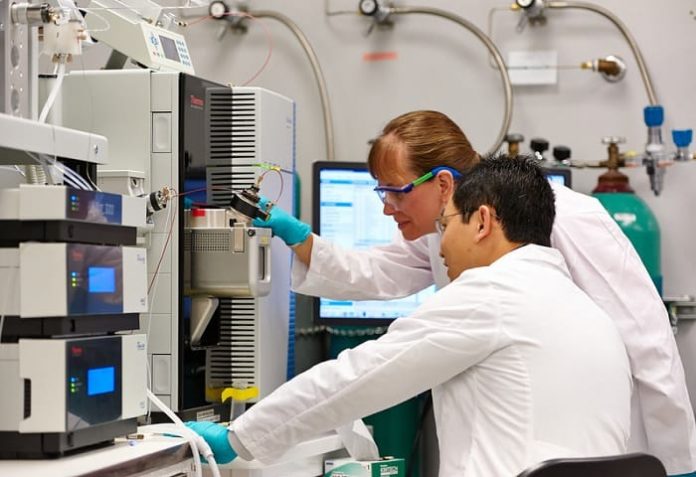Thermo Fisher Scientific has formed an Immuno-Oncology Consortium to drive adoption of highly sensitive, next-generation sequencing (NGS) clinical research panels to help identify predictive and prognostic biomarkers associated with cancer immunotherapy.
The company has also launched the Ion AmpliSeq Immune Repertoire Assay Plus, TCR beta and expanded its portfolio of liquid biopsy assays for analysis of cell-free nucleic acid (cfNA) in lung and breast cancer.
Led in collaboration with Dr. Sabine Merkelbach-Bruse from the Institute of Pathology of the University of Cologne, the Consortium brings together a group of clinical researchers from institutions across Europe. The consortium will initially work to validate Thermo’s Oncomine Immune Response Research Assay and then extend studies with the new immune assay and an application to explore tumor mutational burden currently under development by Thermo Fisher.
“Next-generation sequencing holds great promise in developing new biomarkers for immuno-oncology research,” said Dr. Merkelbach-Bruse. “As our lab has extensive expertise in working in multi-center studies, we believe that the consortia model is the best approach to perform analytical validation of new assays, and to explore how these assays may assist in the future to help with patient stratification for immuno-therapies.”
Professor Jose Carlos Machado, Group Coordinator for the Institute of Molecular Pathology and Immunology of the University of Porto (IPATIMUP) in Porto, Portugal, and an Immuno-Oncology Consortium member said, “T-cell receptor diversity holds great promise as a universal cancer immunotherapy biomarker.
Our preliminary results using the new Ion AmpliSeq Immune Repertoire Assay Plus, TCR beta in a colon cancer clinical research study demonstrated that the assay offers a complete and efficient workflow for better characterization of the entire V(D)J region of TCR beta and enables the characterization of tumor-infiltrating T-cells.”
Scientists believe that harnessing the power of T-cell receptor diversity may help identify predictive and prognostic biomarkers associated with cancer immunotherapy, monitor treatment resistance and optimize the manufacture and function of therapeutic T-cells.























